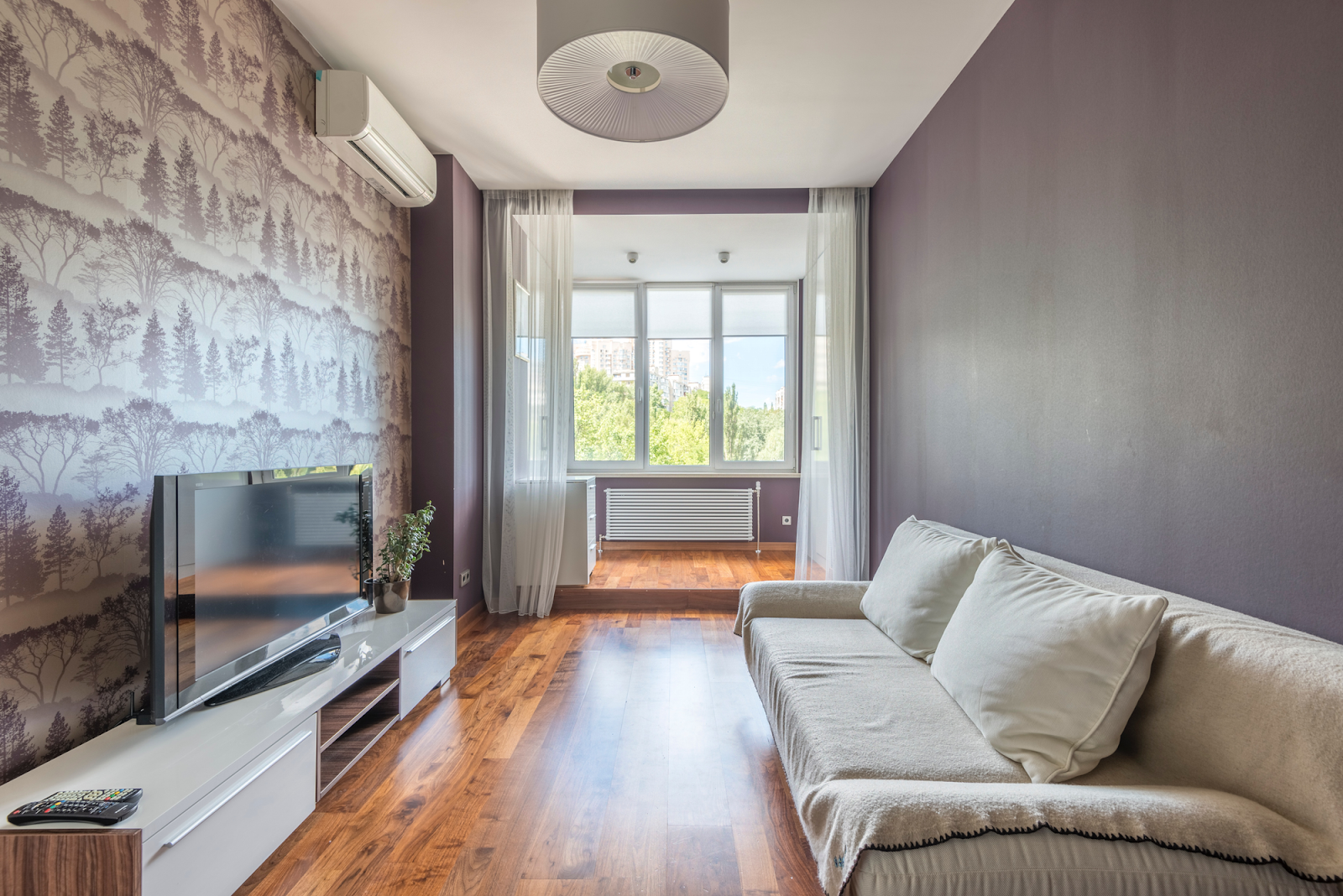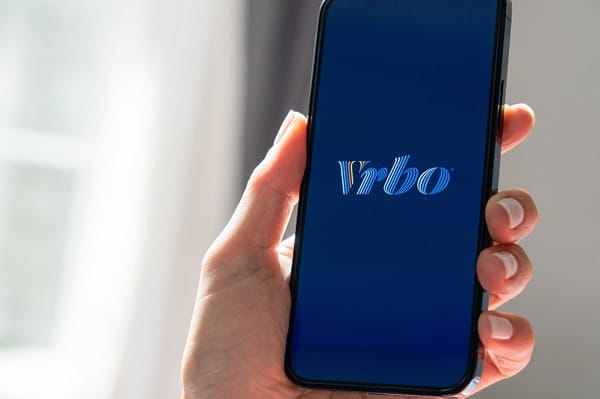What Is an Amenity Fee in Vacation Rentals, Hotels, and Apartments?

If you’ve booked a hotel room or rented an apartment, you’ve probably seen amenity fees.
These charges, sometimes called resort fees or facility fees, are a part of modern hospitality and rental housing. While they often cover nice extras like Wi-Fi, pool access, or fitness centers, many travelers and renters are frustrated by the lack of transparency.
This article will explain what amenity fees are, how they work in hotels, vacation rentals, and apartment buildings, if they're worth it, and how to price transparently.

What Is an Amenity Fee?
An amenity fee is an extra charge added to the base price of your accommodation. Hotels use it to cover the cost of services and amenities provided to guests — things like a gym, daily newspapers, or shuttle services.
Apartment owners and vacation rental property managers may also implement amenity fees. For example, if you decide to offer a hot tub, a pickleball court, or a BBQ grill, these extra amenities allow hosts to justify higher prices or charge separate amenity fees.
Why Hotels and Vacation Rental Property Managers Charge Amenity Fees
From the perspective of hoteliers and property managers, there are several reasons to charge amenity fees:
Revenue Generation: Amenity fees are an additional income stream.
Competitive Pricing: Separating out the cost allows hotels to display a lower base rate.
Flexibility: Hotels and apartments can update fee structures or change the amenities offered without altering the rent or nightly price.
Transparency in Service Value: By itemizing amenities, property managers highlight the value of extras provided, making guests more aware of what they’re paying for.
Cost Recovery: Helps offset the expense of maintaining high-cost amenities like pools, gyms, hot tubs, or recreational equipment.
Hotels vs Apartments vs Vacation Rentals: Different Applications of Amenity Fees
While most people associate amenity fees with hotels, apartments, and short-term rentals charge them too. In apartment housing, the concept is often tied to monthly rent.
Some landlords include the fee in rent, others list it separately as apartment amenity fees. STRs also implement extra fees, often already calculated in the final price.
For example:
A hotel may charge for mini-bar or stocked snacks, sauna, or spa facilities, or offer resort activity packages.
A luxury apartment building might include a pool, a parking garage, and security systems in the base rent.
Another property may introduce amenity fees as a separate line item, essentially a recurring fee on top of the monthly rent.
A short-term rental owner might raise prices to offer kid-friendly amenities, recreational equipment, or access to the hot tub.
In all cases, these fees are designed to cover actual maintenance and operational costs, with hospitality businesses adding a markup.
Common Amenities Offered in Vacation Rentals
The amenities offered through these fees vary depending on the property. Vacation rental owners often include:
- High-speed Wi-Fi
- Gym or fitness center
- Pool access
- Hot tub access
- BBQ grill
- Fire pit
- Concierge services
- Beach equipment
- Mountain equipment
- Recreational equipment such as bikes
- Tennis or pickleball courts
- Parking
- Pet-friendly amenities
- Kid-friendly amenities
These are the desired amenities that guests look for when choosing a rental. Some of them depend on property location, and some are strategically built to offer a premium experience.
How Are Amenity Fees Charged?
What do amenity fees cost? It depends. In hotels, they may range from $10 to $50 per night. In apartments, they can be a flat fee of $50–$100 per month or tied to specific services like parking or storage. When evaluating whether paying amenity fees makes sense, consider how often you’ll actually use the facilities.
Short-term rentals charge fees in two ways. They can be added as separate fees, which is possible with direct bookings or on platforms like Vrbo. Or, they can be built into the nightly rate.
Vrbo allows hosts to set custom fees, making it easy to charge for specific services or amenities. Airbnb, on the other hand, requires these costs to be included in the nightly rate since it does not support separate amenity fees.
Are Amenity Fees Worth It For Hosts?
When hosts decide whether to charge amenity fees for vacation rentals, they should consider a few things:
Separate fees or all-in-one?
Many travelers dislike surprise charges. Amenity fees can make your listing seem less transparent, and guests may feel “nickel-and-dimed” if too many extras are added. Platforms like Airbnb now display total prices upfront, so guests can see the final cost before checkout in any case.
What does the total price look like?
Even if you increase the nightly rate to cover extra amenities, think carefully about how the final price appears to your ideal guests and how it compares to similar properties in the area. Extra amenities will raise the price, but you still need to consider market rates to stay competitive.
The Controversy Around Such Fees
The main complaint about amenity fees is lack of transparency. Guests often felt blindsided when they only discovered such fees at checkout. Apartment residents may argue that these costs should already be included in the monthly rent.
Consumer advocacy groups have pressured governments to regulate fee structures. In the U.S., for example, lawmakers have pushed for clearer disclosure.
Legal and Regulatory Action
Due to growing complaints, legal bodies in various countries have taken action. Many jurisdictions require hotels to display all-in pricing, preventing them from advertising deceptively low rates.
In the rental world, certain states have begun to regulate how landlords can charge amenity fees, making sure they are not hidden costs. Maintenance costs and security deposits should also be transparent.
For the same reason, companies like Airbnb had to start displaying total prices upfront so that everyone knows exactly how much they will pay before checkout.
Practical Ways for Consumers to Handle Amenity Charges
For both travelers and renters, here are practical ways to manage amenity fees. Research and always read the fine print before booking or signing a lease. Look for apartment amenities and see if they justify the fee.
- Ask Questions: At check-in or lease signing, ask about charging an amenity fee.
- Negotiate: Some hotels will waive the fee if you don’t use the amenities provided. Some landlords may reduce the amount if you decline certain features.
- Compare Value: Weigh the amenity cost against a security deposit, rent or nightly rate. Sometimes a larger one-time payment is easier to manage than a monthly recurring fee.

Make Informed Decisions
Whether you’re a traveler facing a nightly surcharge or a tenant evaluating apartment living, it’s important to know exactly what you’re paying for. Evaluate the amenities offered, ask questions, and decide if the cost fits your lifestyle.
And if you’re a host or property manager in the vacation rental space, iGMS can help. With iGMS, you can manage bookings, guest communications, and the extra services that make your property unique. Smart management tools mean transparency, efficiency, and happy guests.




![Complete Vacation Rental Email Marketing for Hosts [+ Top Tools]](/content/images/size/w600/2026/01/email-marketing.jpg)
